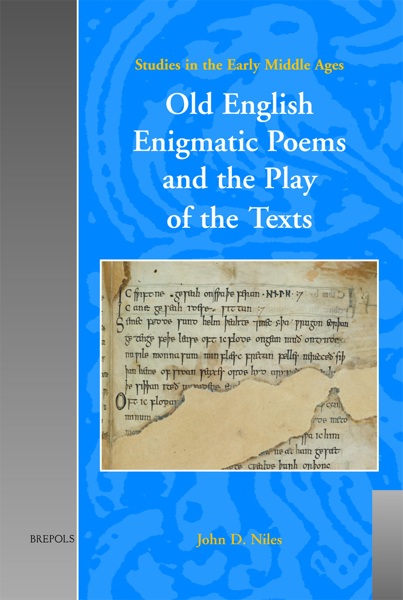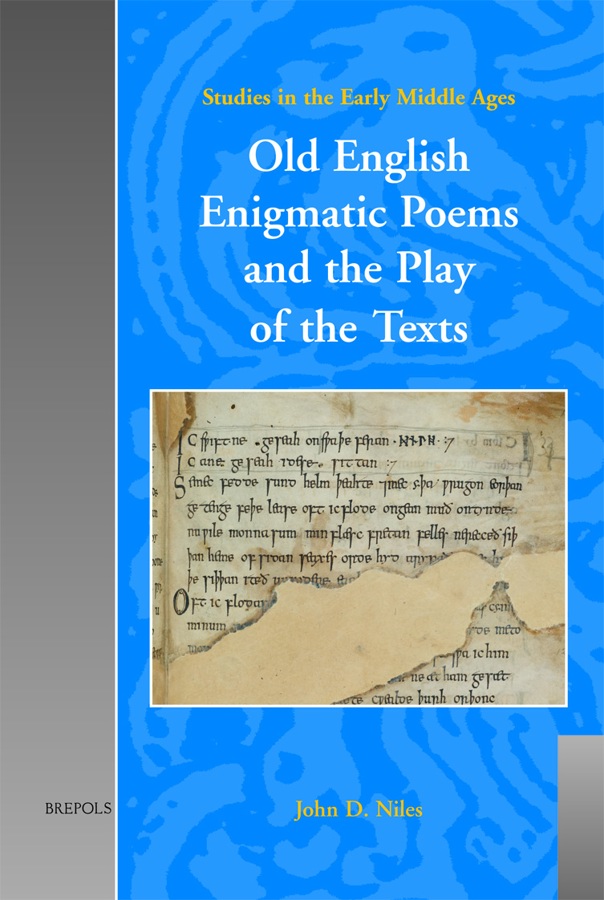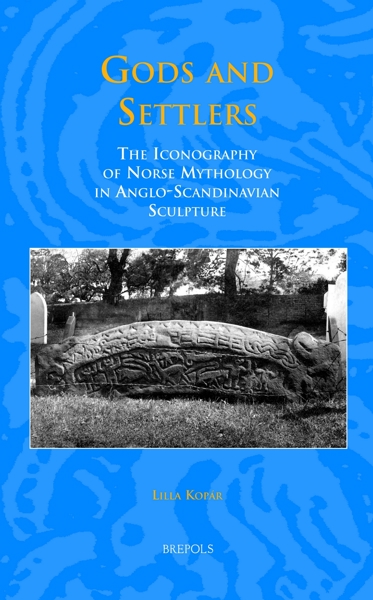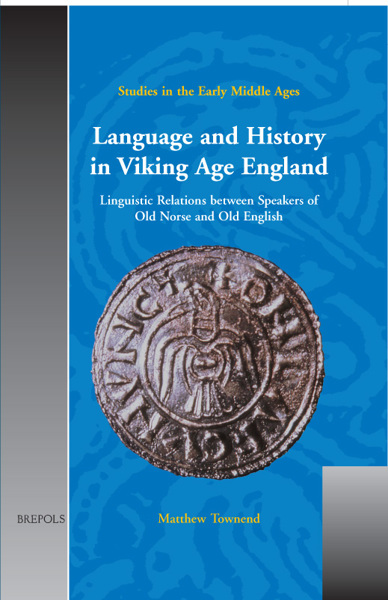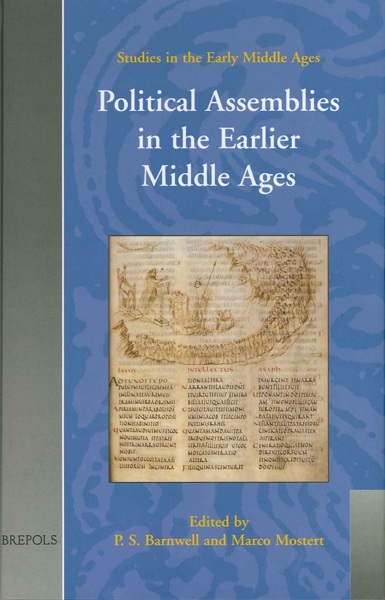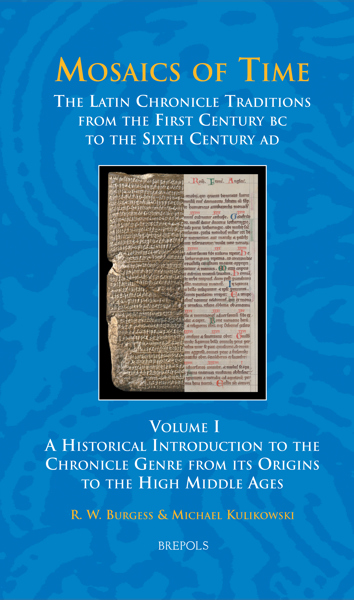
Old English Enigmatic Poems and the Play of the Texts
John D. Niles
- Pages: 332 p.
- Size:160 x 240 mm
- Illustrations:8 b/w
- Language(s):English
- Publication Year:2006
- € 45,00 EXCL. VAT RETAIL PRICE
- ISBN: 978-2-503-51530-4
- Hardback
- Available
- € 45,00 EXCL. VAT RETAIL PRICE
- ISBN: 978-2-503-55893-6
- E-book
- Available
This book draws on the methods of rigorous philology and imaginative literary analysis to provide close studies of a number of the enigmatic verse texts within the Exeter Book of Old English poetry.
"Readers are able to follow Niles through his thought processes about these poems, witnessing his reflection on the texts and the different kinds of knowledge against which he is considering them. (...) The pleasure of the book, then, comes not just from learning what another scholar thinks a riddle or a poem really means, but from witnessing the journey that takes him to that conclusion." (R. R. Trilling, in: The Medieval Review, 08.04.30)
This book consists of a close study of a number of verse texts chiefly drawn from the Exeter Book of Old English poetry. All of these texts are enigmatic. Some are outright riddles, while others (such as the elegies) are riddle-like in their manner of simultaneously giving and withholding information. The author approaches these poems as microcosms of the art of Old English poetry in general, which (particularly in its more lyrical forms) relies on its audience's ability to decipher metaphorical language and to fill out details that remain unexpressed. The chief claim advanced is that Old English poetry is a good deal more playful than is often acknowledged, so that the art of interpreting it can require a kind of 'game strategy' whereby riddling authors match their wits against adventurous readers. Innovative readings of a number of poems are offered, while the whole collection of Exeter Book riddles is given a set of answers posed in the language of the riddler. The literary use of runes in The Rune Poem, The Husband’s Message, and Cynewulf’s runic signatures comes under close scrutiny, and the thesis is advanced that Anglo-Saxon runes (particularly those that lacked stable conventional names) were sometimes used as initialisms.
The book combines the methods of rigorous philology and imaginative literary analysis.
